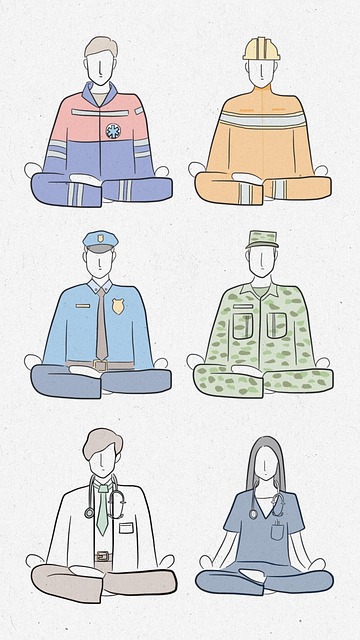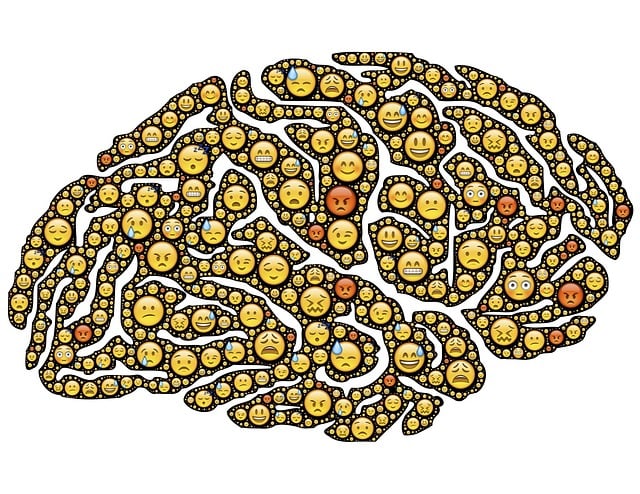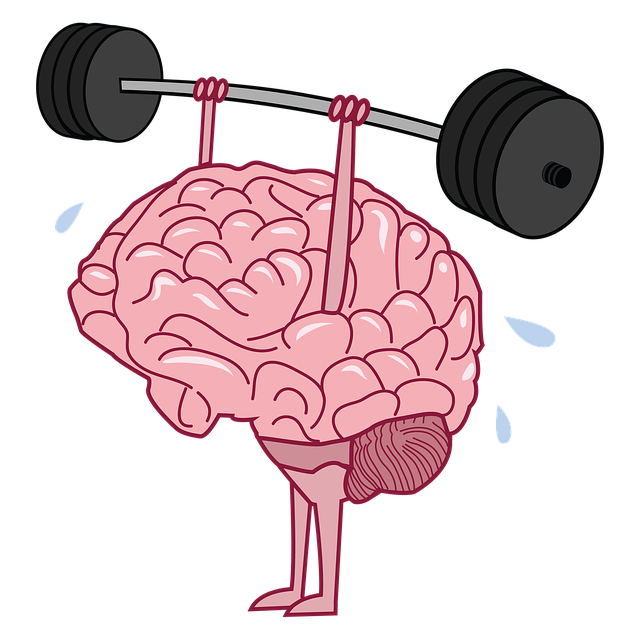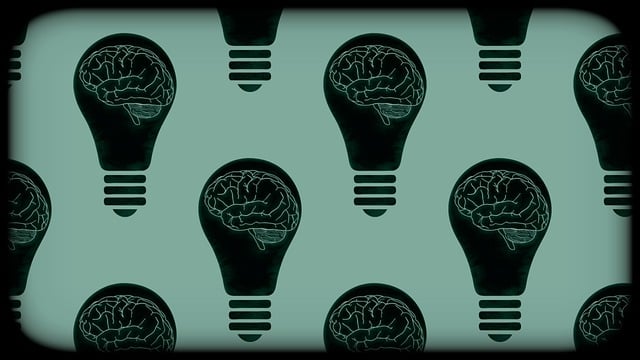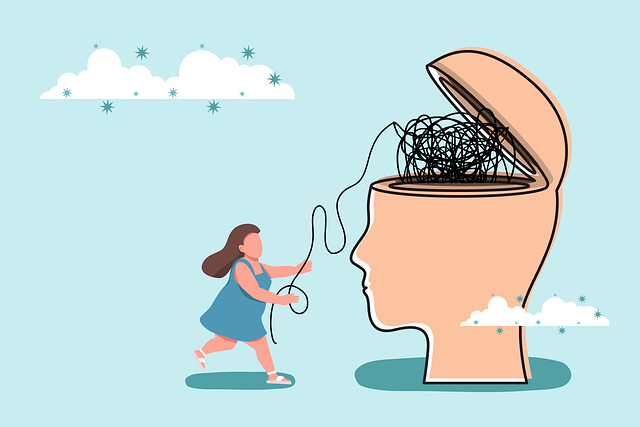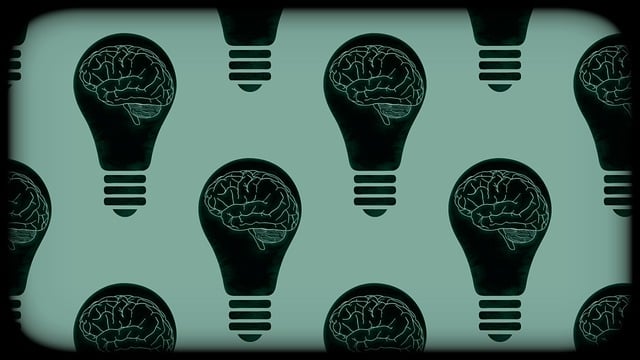Mental wellness journaling is a powerful tool for individuals recovering from sexual abuse through Littleton Sexual Abuse Survivor Therapy, offering a safe space to process emotions and memories, gain clarity, build resilience, and develop coping mechanisms. Regular journaling helps identify triggers, understand emotional responses, and promotes self-reflection, fostering self-care and enhancing mental wellness outcomes, especially for those who find traditional talk therapy challenging.
Mental wellness journaling is a transformative exercise designed to support individuals, especially survivors of traumatic events like sexual abuse, in their healing journey. This article explores the power of self-expression through writing as a therapeutic tool. We delve into the benefits of journaling for emotional growth and provide practical guidance for creating a safe space to record thoughts. From understanding the process to effective prompts, this resource offers valuable insights for those seeking to navigate their mental wellness, inspired by the success of Littleton Sexual Abuse Survivor Therapy programs.
- Understanding Mental Wellness Journaling for Survivors
- Benefits of Journaling for Healing and Growth
- Creating a Safe and Supportive Journaling Practice
- Effective Techniques and Prompts for Journaling Exercise
Understanding Mental Wellness Journaling for Survivors

Mental wellness journaling is a powerful tool for survivors of trauma, especially those navigating the complexities of Littleton sexual abuse survivor therapy. It offers a safe and private space to process emotions, memories, and experiences that might be challenging to express verbally. By committing thoughts to paper, individuals can begin to untangle complex feelings, gain insights into their mental health journey, and develop coping strategies for managing symptoms of trauma, stress, or burnout prevention.
This therapeutic practice aligns with the mind over matter principles often explored in mental wellness podcast series production. It encourages self-reflection and self-care, allowing survivors to take an active role in their healing process. Through regular journaling, individuals can learn to identify triggers, understand their emotional responses, and cultivate a deeper sense of resilience. This form of expression can be particularly beneficial for those who find traditional talk therapy challenging, offering a unique avenue for exploration and personal growth.
Benefits of Journaling for Healing and Growth

Journaling has emerged as a powerful tool for healing and personal growth, especially for individuals navigating complex emotional landscapes. For Littleton Sexual Abuse Survivor Therapy clients, this practice offers a safe space to process traumatic experiences and cultivate resilience. Through regular reflection, survivors can explore their emotions, identify patterns, and gain valuable insights into their mental wellness journeys.
The act of putting pens to paper allows for an intimate connection with one’s inner self, facilitating emotional healing processes. It provides a platform to express feelings, fears, and hopes without judgment, fostering a sense of empowerment. Moreover, journaling can serve as a burnout prevention strategy by offering a moment of pause in the midst of life’s challenges. This practice encourages self-care and promotes the development of coping mechanisms, ultimately contributing to improved mental wellness outcomes.
Creating a Safe and Supportive Journaling Practice

Creating a safe space to journal is an act of self-care that can be incredibly beneficial for mental wellness, especially for those who have experienced trauma or challenges like sexual abuse. This practice offers a private sanctuary where individuals can process their emotions, memories, and thoughts freely. When incorporating journaling into your routine, ensure it feels supportive and non-judgmental, allowing you to explore your feelings without fear of criticism or repercussions.
For Littleton Sexual Abuse Survivor Therapy clients, establishing this type of safe haven on the page can be a powerful tool for healing. Journaling encourages individuals to confront and process their experiences in a controlled manner, helping to reduce stress and anxiety associated with traumatic events. It also facilitates self-reflection and can aid in identifying patterns or triggers, ultimately empowering survivors to take control of their mental health journey. Incorporating mindfulness meditation or social skills training techniques into your journaling practice can further enhance its therapeutic benefits.
Effective Techniques and Prompts for Journaling Exercise

Engaging in mental wellness journaling can be a powerful tool for personal growth and healing, especially for those who have experienced trauma like sexual abuse. Effective techniques include reflecting on daily experiences and emotions, setting positive affirmations, and exploring thoughts through free writing. Prompts can range from simple questions like “What made me happy today?” to more targeted inquiries such as “How do I practice self-compassion in challenging situations?”
For a Littleton Sexual Abuse Survivor Therapy approach, incorporating prompts that focus on resilience building can be beneficial. Encouraging individuals to describe their coping mechanisms and strengths helps them recognize their capacity to navigate difficult emotions. This process complements the Mental Wellness Podcast Series Production by providing an outlet for expression and a space to cultivate new perspectives. Additionally, journaling can enhance social skills training by promoting self-awareness and fostering effective communication strategies.
Mental wellness journaling can be a powerful tool for healing and growth, especially for those who have experienced trauma. By creating a safe space through structured journaling exercises, survivors of sexual abuse in Littleton can navigate their emotions, process their experiences, and foster resilience. Incorporating prompts tailored to their unique journeys allows them to explore their thoughts, gain perspective, and ultimately embrace a brighter future. This practice is a game-changer, enabling individuals to take control of their mental wellness and embark on a path of transformation and self-discovery.
